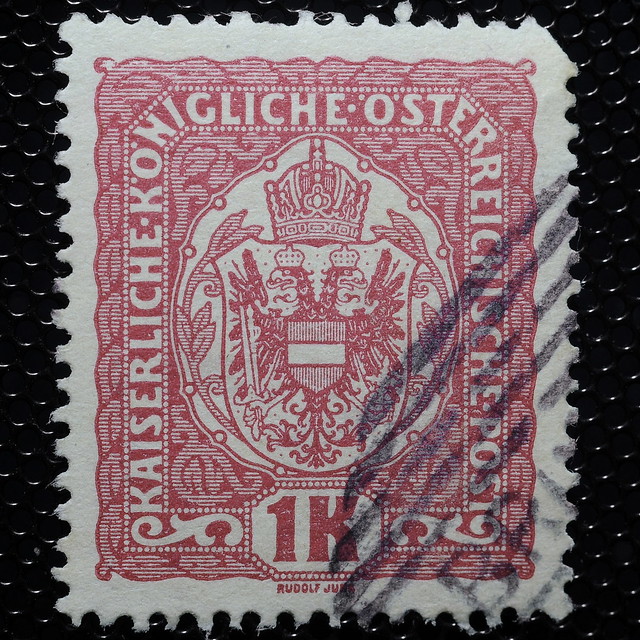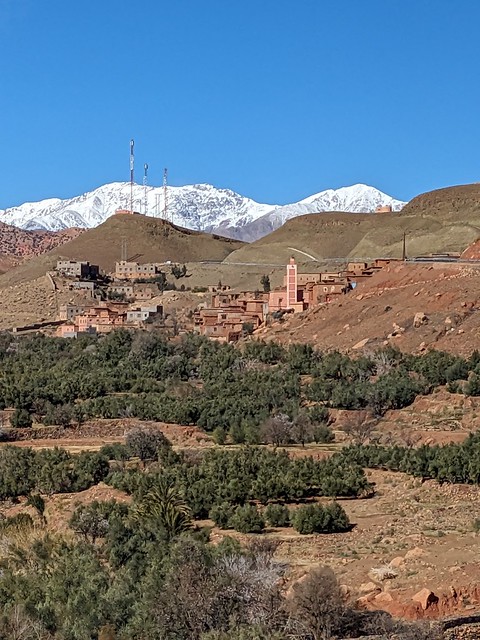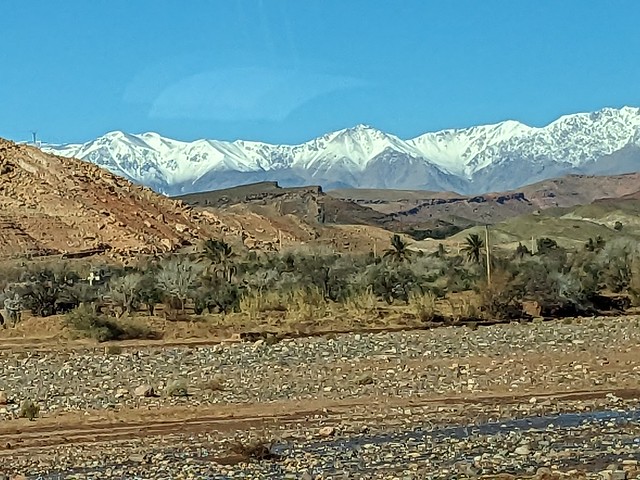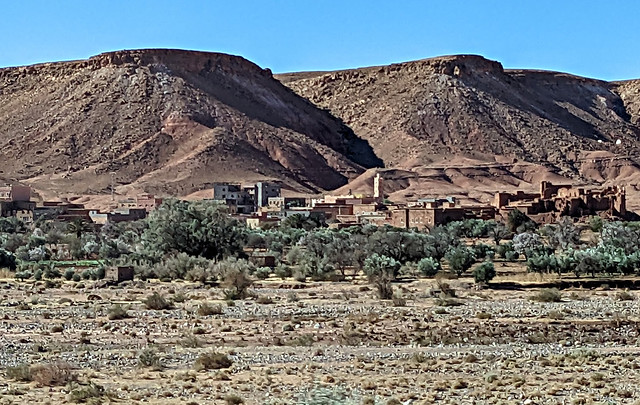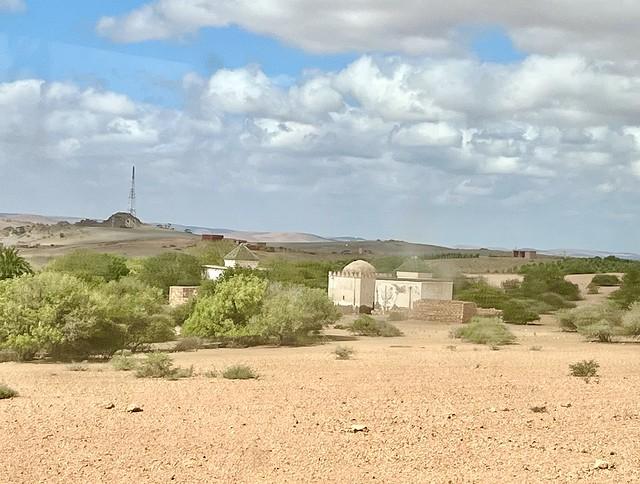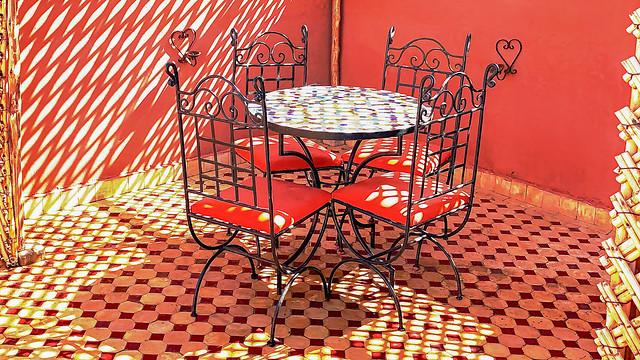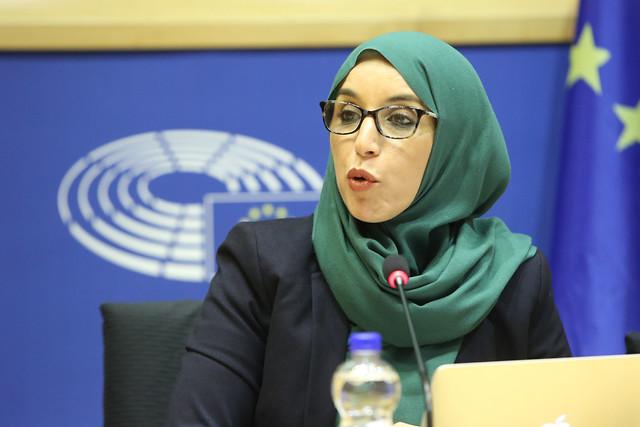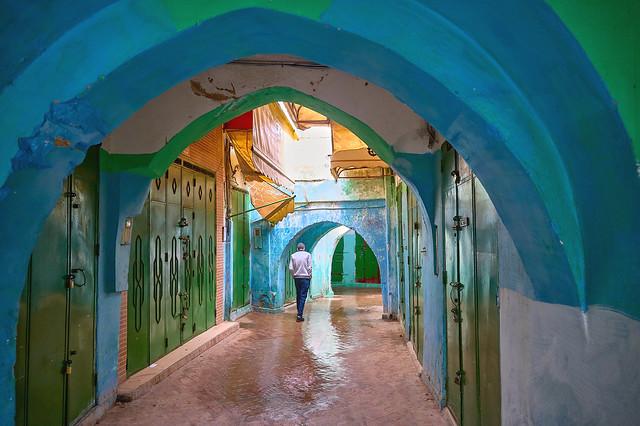Rabat
Overview
Overview of Rabat, Morocco
Rabat, the capital city of Morocco, presents a vibrant blend of ancient history and modern culture. This city stands out with its stunning blend of Islamic and French-colonial heritage, apparent in its architecture and daily life. The iconic Hassan Tower and the picturesque Kasbah of the Udayas offer a glimpse into the city's rich past, while contemporary attractions such as the Mohammed VI Museum of Modern and Contemporary Art showcase its progressive arts scene. Rabat's unique charm lies in its relaxed atmosphere compared to the more bustling Moroccan cities like Marrakech or Casablanca, making it a perfect destination for those who appreciate a more laid-back cultural experience.
Best Time to Visit and Activities
The high season for tourism in Rabat is during the spring (April to June) and fall (September to October) when the weather is most pleasant—mild and sunny, ideal for exploring and sightseeing. During these months, visitors can enjoy walking through the historic sites without the discomfort of summer heat or winter chill. Outdoor activities such as strolling along the beaches of the Atlantic coast, exploring the city's green spaces like the Andalusian Gardens, or enjoying the vibrant local markets and festivals are particularly enjoyable during these periods. Cultural events and music festivals also tend to peak around this time, providing a deep dive into Morocco's rich cultural heritage.
Preparation for the Trip
Before traveling to Rabat, there are several preparations tourists should consider to ensure a smooth experience. Firstly, ensure your passport is valid for at least six months from the date of entry. While visas are not required for stays under 90 days for many nationalities, it's important to check the latest visa requirements based on your specific country. Vaccinations are not typically mandatory but getting vaccinated for Hepatitis A and Typhoid is recommended as a precaution. Learning a few basic phrases in Arabic or French can greatly enhance your interaction with locals, as these are the predominant languages spoken in Rabat. Lastly, it's advisable to exchange some currency into Moroccan Dirhams for local transactions, as credit card acceptance is not universal, especially in smaller shops and cafes.
How It Becomes to This
History not available

You May Like
Explore other interesting states in Morocco


